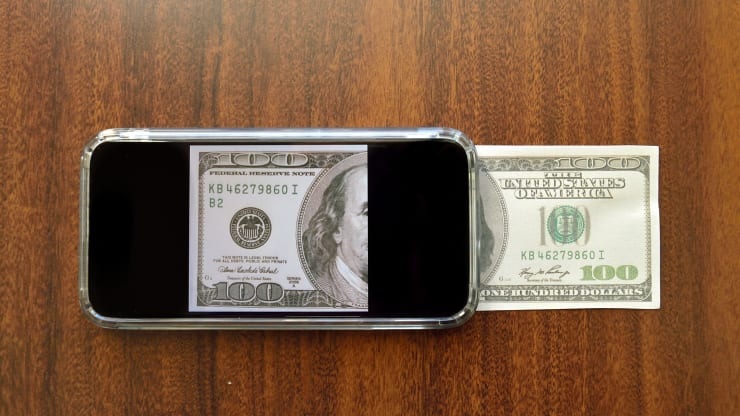Calls for a US ‘digital dollar’ rise as China powers ahead with a digital yuan
January 23, 2020 @ 23:49 +03:00

A growing number of voices are calling for the U.S. to issue a “digital dollar” as China continues to work on a digital version of its own currency. Users of the U.S. dollar are “underserved by an analogue currency in a digital world,” Christopher Giancarlo, former chairman of the Commodity Futures Trading Commission (CFTC), said during a side event at the World Economic Forum in Davos.
The comments come as China is working on a digital yuan which some experts believe could come this year.
It’s unclear what form a central bank issued digital currency could take. It could be built on blockchain-like architecture. Blockchain is the underlying technology behind the cryptocurrency bitcoin. But it doesn’t necessarily need to be. The promise of a central bank digital currency (CBDC) is that it could make cross-border movement of money easier and improve traceability to fight corruption or money laundering, according to Henri Arslanian, global crypto leader at PwC.
The digital dollar could be 10 to 15 years away, according to Jeff Schumacher, CEO of 55 Foundry, a company incubator and investor. “The advantaged position of the dollar as the global reserve currency is very powerful and the Fed wants to protect that position. A digital dollar may introduce volatility to the dollar which is undesirable in the short term,” Schumacher told CNBC.
The People’s Bank of China (PBOC) has said that it’s working on a digital version of the yuan, but has not given a timeline about when it could be issued. Some experts say that a digital yuan could help China’s currency internationalize and challenge the dominance of the U.S. dollar. “Ultimately I expect the digital yuan to play an important strategic role in China’s ongoing efforts to become a global financial superpower and compete with the U.S. dollar as the world’s number one reserve currency,” Garrick Hileman, head of research at Blockchain and researcher at the London School of Economics, told CNBC in a recent interview.







